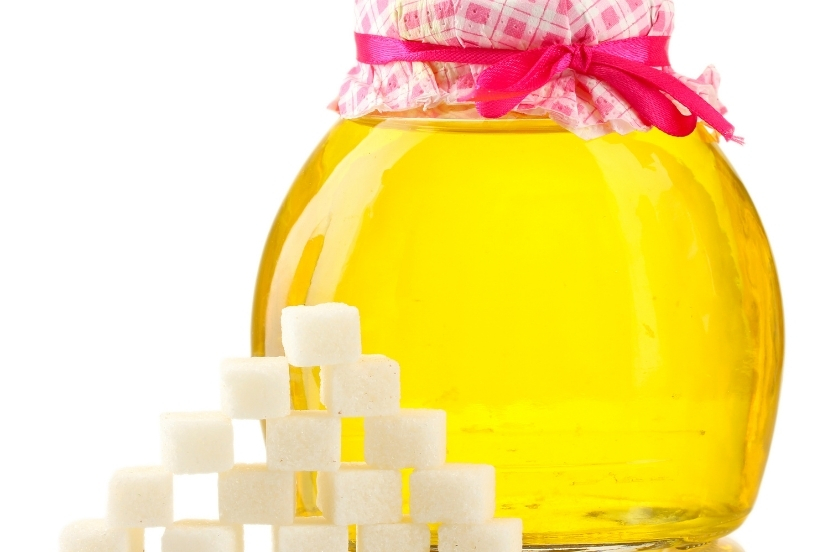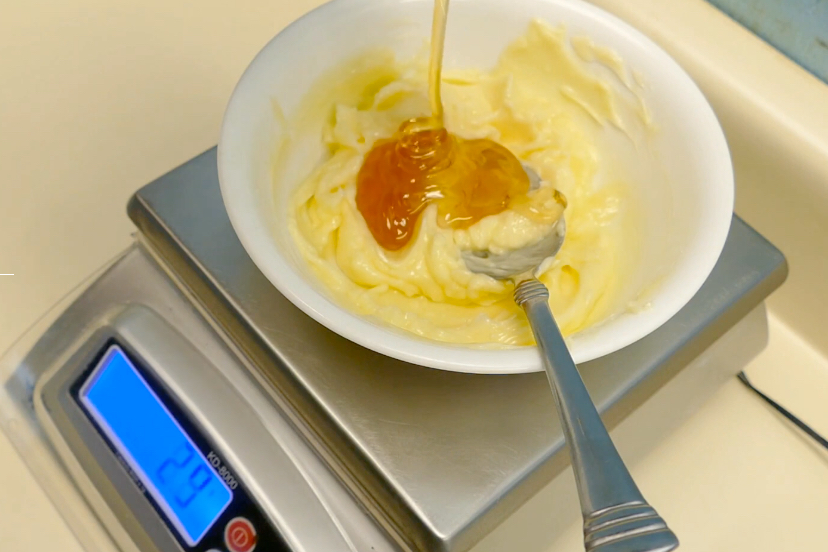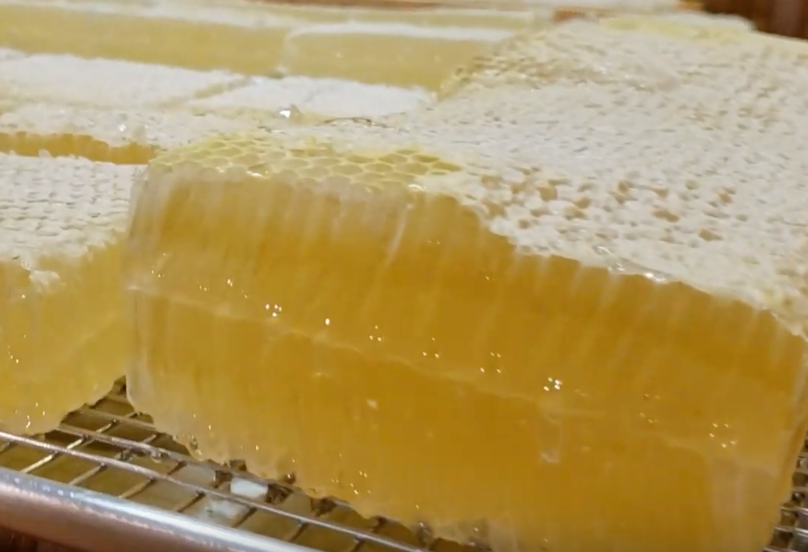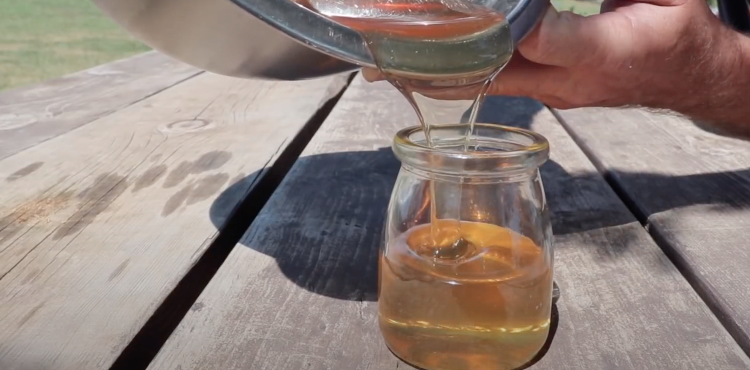Can diabetics consume honey without being concerned about the effect upon their blood sugar?
The short answer is no.
In this case, though, the short answer doesn’t quite tell the whole story…
Honey IS a Sugar
Honey, of course, is a carbohydrate. Therefore it does increase the blood sugar level when consumed.
So diabetics must take care to monitor the amount of honey they consume and the effect it has upon their blood sugar level.
In that respect, honey for diabetics is just like consuming any other carbohydrate or sugar.
In fact, the advice usually given to diabetics is that it’s perfectly fine to use honey as a sweetener – just be careful about the quantity consumed.
If you’re a diabetic and you want to use honey instead of sugar, for example, that’s OK.
But there aren’t any special properties about honey that will allow you to consume more honey carbohydrates than you’d be able to consume of sugar carbohydrates.
That’s the advice often given to diabetics. And it’s perfectly valid advice.
But it might be incomplete advice.
Honey Might Be More Than Just a Sweetener
There have been studies completed about honey and diabetes that indicate that honey might offer more value to diabetics than just a carbohydrate-for-carbohydrate substitution for sugar and other sweeteners.
These studies indicate that considering honey to be just another type of sugar might be simplistic.
Let’s look at three of those studies…
Study One:
This study compared the effects of fructose, sucrose, and honey on blood sugar levels.
It was found that sucrose consistently caused higher blood sugar levels than honey, and that “honey provided the fewest subjective symptoms of discomfort.”
The conclusion of the study was that since “honey has a gentler effect on blood sugar levels on a per gram basis, and tastes sweeter than sucrose so that fewer grams would be consumed, it would seem prudent to recommend honey over sucrose.”
Study Two:
Study 2 compared the effect of sucrose, glucose, and honey upon both the glycaemic index (GI) and the peak incremental index (PI).
This study also concluded that “that honey may prove to be a valuable sugar substitute” for diabetics.
Additionally, the study recommended that the GI and PI be used in evaluating the suitability of a food for diabetics.
Study Three:
This study compared the effects of honey, glucose, and a fructose-glucose solution upon insulin, serum glucose, and C-peptide levels.
When the subjects were tested 60 minutes after consuming the different sugars, it was found that Serum insulin and C-peptide levels were significantly lower after consuming the honey.
The honey also “had less effect on serum glucose, C-peptide, and insulin values than the honey-comparable glucose-fructose solution.”
Links to summaries of the studies in PubMed:
So What can we Conclude about Honey and Diabetes?
More studies are needed, but the relatively small number of studies that have been completed do seem to indicate that honey might be a superior choice for diabetics over other sweeteners.
Again, since honey is a carbohydrate, when eaten by diabetics it should be consumed only in limited quantities, and it’s effect upon blood sugar monitored, same as with any other carbohydrate.
And of course, if you are a diabetic, you should consult with your doctor about any changes you’re considering making to your diet.
But it truly seems that the more that honey is studied in a scientific manner, and the more we learn about it, the more we realize the value of honey as an aid to human health.





